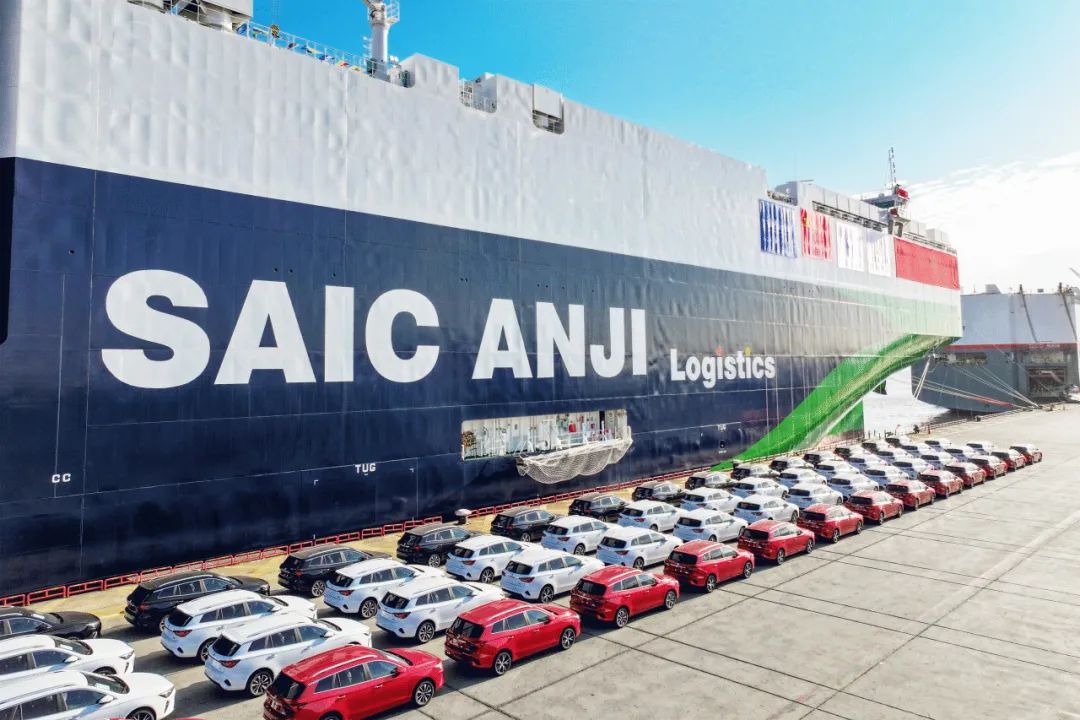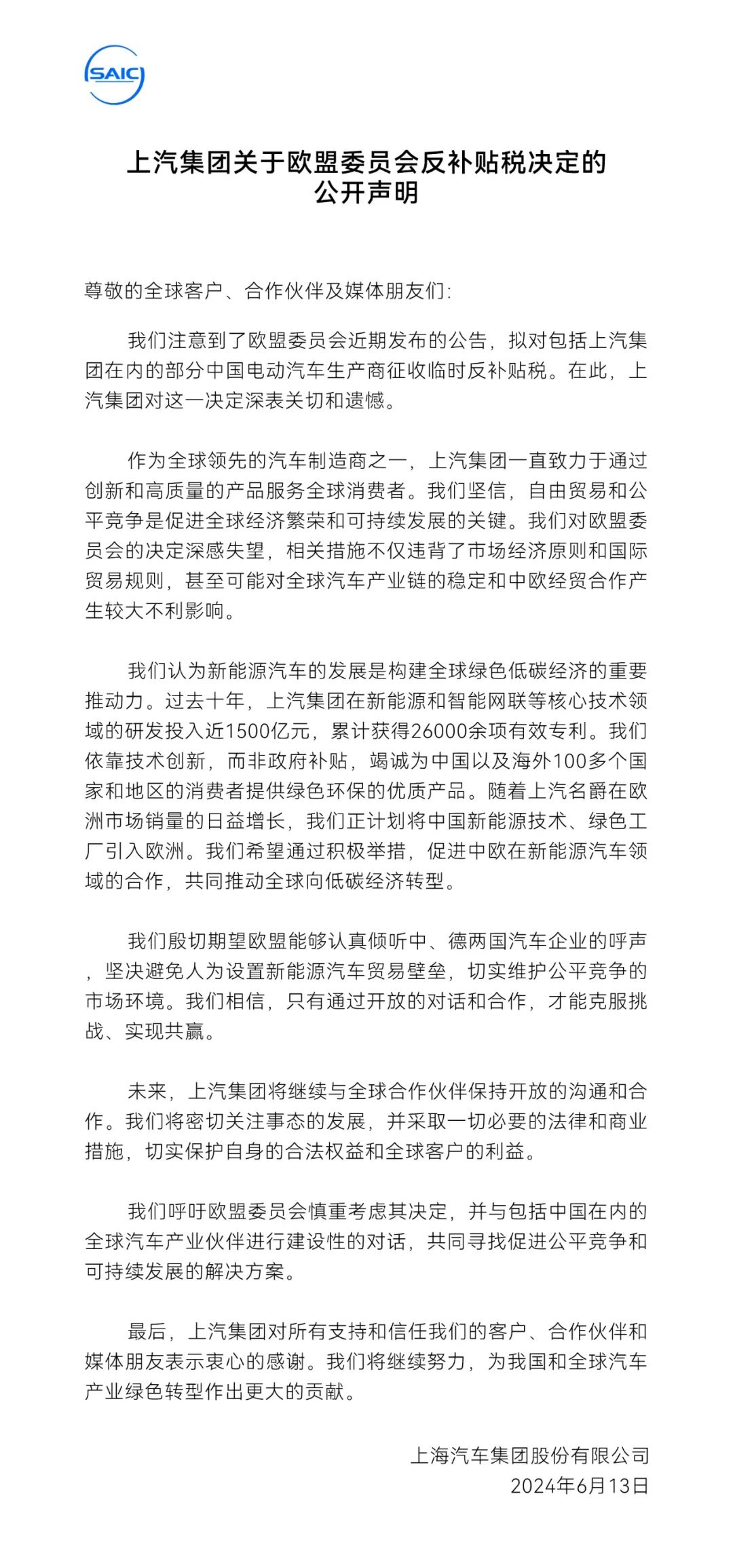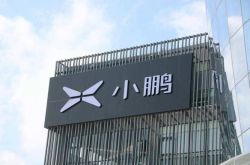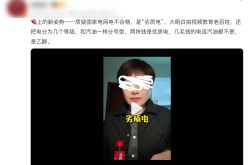The EU imposed tariffs on Chinese electric vehicles, with Mercedes-Benz and BMW opposing
![]() 06/26 2024
06/26 2024
![]() 614
614
The temporary tariff measures will take effect from July 4.
On June 12, the European Commission announced plans to impose temporary anti-subsidy tariffs ranging from 17.4% to 38.1% on pure electric vehicles imported from China, starting in July this year, on top of the current 10% tariff.
After the tariff increase, the tariffs paid by BYD electric vehicles exported to Europe will reach 27.4%, Geely Automobile will reach 30%, and SAIC Motor will even reach 48.1%. The EU's imposition of tariffs on Chinese electric vehicles not only affects Chinese automotive brands but also affects companies such as Tesla and BMW that produce electric vehicles in China and export them to the EU and other places.

Photo Source: SAIC Motor
Subsequently, companies such as SAIC Motor, Geely Holding, and NIO successively issued statements expressing disappointment and dissatisfaction with the EU's proposed imposition of temporary anti-subsidy tariffs on Chinese electric vehicle companies. Foreign Ministry spokesperson Lin Jian emphasized at a regular press conference that this investigation is a typical act of protectionism, ignoring objective facts, disregarding WTO rules, and contravening historical trends, which will only harm others and harm oneself.
Chinese electric vehicles alert Europe and the United States
Chinese-made electric vehicles with high quality and low prices are becoming increasingly popular among consumers in many countries.
According to data from the China Association of Automobile Manufacturers, in 2023, China exported 4.91 million vehicles, representing a year-on-year increase of 57.9%, ranking first globally for the first time. In recent years, the export of new energy vehicles, especially those of independent brands, has grown rapidly. In 2020, China exported nearly 70,000 new energy vehicles, accounting for only 7.0% of total automobile exports, but in 2023, this proportion jumped to 22%.
China has a complete industrial chain supply chain system and an ultra-large-scale market. Under an open market environment, China's automotive industry has seized green development opportunities and accelerated its transformation towards new energy vehicles. Currently, Chinese cars are at the forefront in electrification and intelligence, and their competitiveness is increasing day by day.
The rapid development of Chinese electric vehicles has aroused the vigilance of European and American countries. On May 14 this year, the United States announced an increase in tariffs on a series of goods from China, including solar cells, electric vehicles, computer chips, and medical products. Among them, the tariff on electric vehicles was increased from 25% to 100%, the tariff on power batteries was increased from 7.5% to 25%, and the tariff on battery components was increased from 7.5% to 25%.
As early as September 2023, European Commission President von der Leyen said in her fourth "State of the Union" speech in the European Parliament that the European Commission would initiate a countervailing investigation into electric vehicles imported from China. Now, the shoes have dropped. The EU announced that it will impose temporary anti-subsidy tariffs ranging from 17.4% to 38.1% on Chinese imported vehicles on top of the current 10% tariff. Among them, BYD, Geely Automobile, and SAIC Motor will be subject to tariffs of 17.4%, 20.0%, and 38.1%, respectively. Chinese automakers that participated in the investigation but were not sampled will be subject to a 21% tariff, and Chinese electric vehicle manufacturers that did not cooperate with the investigation will be subject to a 38.1% tariff.
If China and the EU cannot reach a solution through negotiations, the temporary tariff measures will take effect from July 4 this year. Four months after the temporary tariff takes effect, the EU will decide whether to impose permanent tariffs on Chinese electric vehicles.
Currently, electric vehicles of Chinese brands have hardly carried out substantial sales in the United States. However, the number of electric vehicles exported by China to Europe is not small. Data shows that in 2023, China exported 482,000 pure electric passenger cars to the EU, accounting for 45.1% of China's total electric vehicle exports. According to a report by the Financial Times, from January to April 2024, under the background of the EU's anti-subsidy investigation into Chinese electric vehicles, the registration volume of electric vehicles made in China in Europe still increased by 32% year-on-year, reflecting the preference of EU consumers for high-quality electric vehicles from China.
Multiple automakers express protests
Regarding the EU's imposition of tariffs on imported electric vehicles from China, a spokesperson for the Ministry of Commerce responded: "The European Commission ignores the objective fact that the advantages of Chinese electric vehicles come from open competition, disregards WTO rules, and disregards the full cooperation of relevant Chinese enterprises in the investigation. It artificially constructs and exaggerates the so-called 'subsidy' projects, abuses the 'available facts' rule, and imposes excessively high subsidy rates. This is blatant protectionism, manufacturing and escalating trade frictions, and破坏公平竞争under the guise of 'maintaining fair competition,' which is the greatest 'unfairness'. This move by the European side not only harms the legitimate rights and interests of China's electric vehicle industry but also disrupts and distorts the global automotive industry chain supply chain, including the EU."
SAIC Motor, Geely Automobile, and BYD, the three companies named by the European Commission to impose tariffs, are also the Chinese automakers that exported the largest number of electric vehicles to Europe in the past year. In 2023, SAIC Motor exported 242,861 vehicles to 13 European countries, Geely Group exported 22,486 vehicles, and BYD exported 15,976 vehicles.
It is worth noting that SAIC Motor, as a representative of "non-cooperating enterprises" for publicly refusing to provide the key ingredient formula of the battery cell to the EU investigation agency, was subject to heavy taxes. In August 2023, the EU's "New Battery Act" came into effect.

Source: SAIC Motor
On June 13, SAIC Motor issued a "Public Statement on the European Commission's Countervailing Duty Decision" stating: "As one of the world's leading automakers, SAIC Motor has always been committed to serving global consumers through innovative and high-quality products. We firmly believe that free trade and fair competition are the keys to promoting global economic prosperity and sustainable development. We are deeply disappointed with the European Commission's decision, as the relevant measures not only violate market economy principles and international trade rules but may also have a significant adverse impact on the stability of the global automotive industry chain and China-EU economic and trade cooperation."
Geely Holding also issued a statement expressing great disappointment with the EU's proposed imposition of temporary anti-subsidy tariffs on Chinese electric vehicle companies. The European Commission's decision to impose tariffs on Chinese electric vehicles is a wrong decision that will harm Europe's own interests and hinder the development of China-EU economic and trade relations.
Oliver Zipse, Chairman of BMW Group, said regarding the EU's tariff increase measures: "The European Commission's decision to impose tariffs on Chinese electric vehicles is wrong. Increasing tariffs will hinder the development of European automakers and damage Europe's own interests. Trade protectionism is bound to trigger a chain reaction: responding to tariffs with tariffs and replacing cooperation with isolation. For BMW Group, protectionist measures such as increasing import tariffs cannot help companies enhance their global competitiveness. BMW Group firmly supports free trade."
Mercedes-Benz said to China Newsweek: "We are aware of the relevant temporary measures issued by the EU. Mercedes-Benz has always supported free trade based on WTO rules, including the principle that all market participants should enjoy equal treatment. Free trade and fair competition will bring prosperity, growth, and innovation to all parties. If protectionism is allowed to rise, it will have negative consequences for all stakeholders."
Tesla announced that it will increase the price of Model 3 vehicles manufactured in China and sold in the EU starting from July 1, but the specific increase has not yet been determined. Currently, Tesla is the largest electric vehicle brand in Europe in terms of sales. The price of the Model 3 sold on Tesla's official website in Germany ranges from 40,990 euros (approximately 321,000 yuan) to 56,990 euros (approximately 447,000 yuan). The price of Tesla Model 3 sold in the Chinese market ranges from 231,900 yuan to 335,900 yuan. In comparison, the price of Model 3 in Germany is 33% to 38% higher than in China.
"Going global with a full value chain" will be a long-term strategy
Lu Fang, CEO of岚图Automotive, told China Newsweek that Chinese-made cars are currently competitive in Europe. "Just after the tax increase was announced, local users and dealers still resolutely placed orders for our products, proving that they have confidence in our products."
However, to achieve long-term development in Europe, it is necessary to go global with a full value chain. "We still need to solve the problem in Europe and build a full value chain of岚图locally. Of course, this may be a challenge for us and requires exploration, just like when Volkswagen and Toyota entered China. In the future, Chinese companies will enter many overseas regional markets in reverse, which may also require a process similar to when Volkswagen and Toyota entered China. This is a significant strategic issue that requires careful consideration on how to export the full value chain to local areas," Lu Fang said directly.
Lu Fang said that岚图's going global is not limited to the European market. By 2026,岚图will basically achieve full coverage in European countries and complete strategic layouts in markets such as Central Asia, the Middle East, and Central and South America. "In the future,岚图will become a global company, and its operations will become global thinking. We cannot slow down the globalization process due to changes in the European market," Lu Fang said.
In a statement on June 13, SAIC Motor said that the company is planning to introduce China's new energy technology and green factories to Europe but did not elaborate on the plan. Data shows that in the first five months of 2024, the company delivered over 100,000 MG vehicles (including electric vehicles) in the European market.
Li Yongping, President of the European Ningbo Chamber of Commerce and a member of the Special Working Group on China Affairs of the Italian Central Government, also said that in the future, Chinese cars going global will not only involve products going overseas but also establishing factories overseas. "The core raw materials and components are still in China, but at least assembly plants can be opened in Eastern Europe. We need to move towards the world with a more open and inclusive attitude."





